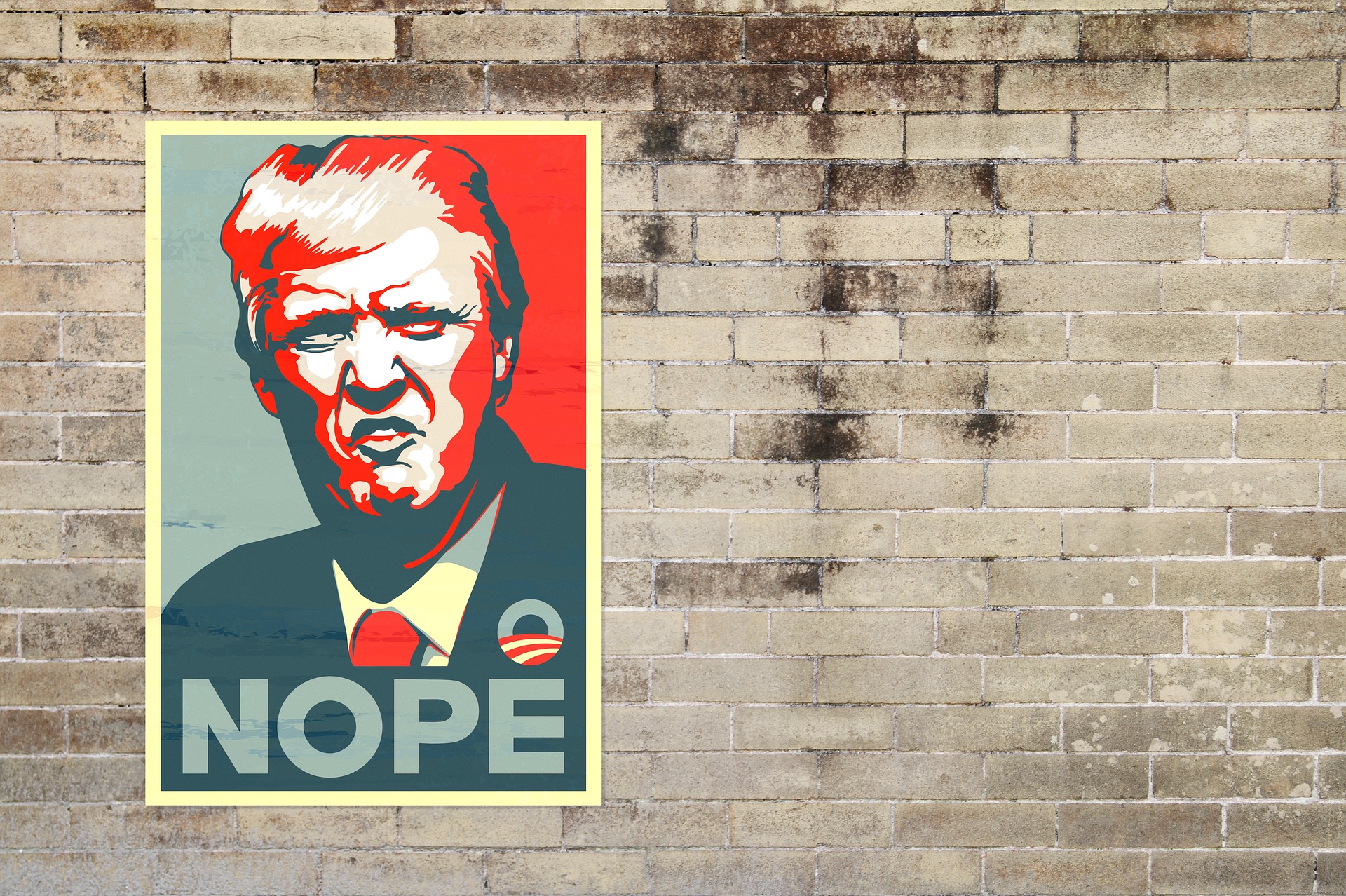Emergency for a wall?

Is it legally possible for Trump to invoke an emergency in order to avoid Congress and obtain the necessary funds to build his wall? Or put differently: is it possible under US law to undo the refusal of Congress to appropriate the necessary funds?
First: it is not uncommon that a President and Congress disagree about legislation or the budget.
The constitutional ‘solution’ is that Congress may overrule with a 2/3 majority any Presidential veto. Is there no such 2/3 majority, then, as is the present situation, there is a deadlock or a stalemate. The sole option is then to seek a solution or compromise between Congress and the President. Is a deadlock in itself a valid reason for the notification of an emergency? No, not really, since the conflict is a political conflict, which must be resolved with political tools by the political actors. It could be different if there would be an acute threat and the lack of a budget and therefore spending power of the President could lead to a danger for the integrity of the US. In his recent televised speech to the American people this is what Trump seemed to allude to.
Is there a legal foundation for an emergency?
The Constitution mentions only one: the possibility to suspend the right of habeas corpus in the context of a rebellion or invasion. (art. 1, sectie 9). Furthermore, there is the National Emergencies Act of 1976 (NEA). This Act enables the President to announce an emergency in order to invoke emergency powers such as they are laid down in various statutes (more than 400). The rules are however, that an emergency may only last a year and must be annually renewed, and that Congress may adopt a joint resolution to terminate the emergency situation. If that were to happen (what to my knowledge has never occurred) the situation will be a lot simpler. However, the question is, whether the Republican majority in the Senate will collaborate in such action. According to the NEA, the President has to indicate which powers are to be used. Is it likely that there might be a power to undo the budgetary blockade of Congress: no, for the simple reason that such a power would be unconstitutional.
Another possibility might be that Trump will resort to discretionary funding in the budget: funding without a specific goal or purpose. This would however also infringe the budgetary powers of Congress, since Congress has specifically refused to make funding available for the construction of the wall. It would furthermore be a violation of the constitutional notion of separation of powers.
There is one judicial precedent of the Supreme Court: the so called Steel Seizure case, which dealt with the seizure by President Truman in 1952, during the Korean war, of steel mills, in order to put an end to strikes and ensure steel production. The Supreme Court ruled that Truman did not possess a constitutional nor statutory power to do this. One of the concurring majority opinions is often quoted: Justice Robert H. Jackson, distinguished three circumstances: 1. Congress has authorized the assertion of power (in which case the presidential authority is at “high ebb”; 2. Congress has taken no action, in which case the authority falls in a “zone of twilight”; or 3. Congress has opposed it, in which case the presidential power is at “low ebb”. And in the present case of the wall: Congress has pronounced itself against the construction of the wall. Relevant question, when a case goes to court: how strict will the judiciary assess the assumption that there is an emergency situation?
To summarise: when Trump will act and announce an emergency and invoke relevant powers to achieve the construction of the wall, it is likely that the conflict will go to court. The role of Congress, as proven by the NEA and the Steel seizure Case is then important: has Congress terminated the emergency? Has Congress and will Congress continue to counter the actions by Trump? Or might the House of Representatives even find a reason to start impeachment investigations for abuse of power by the President and wilful violation of the Constitution?
| More blogs on Law Blogs Maastricht |